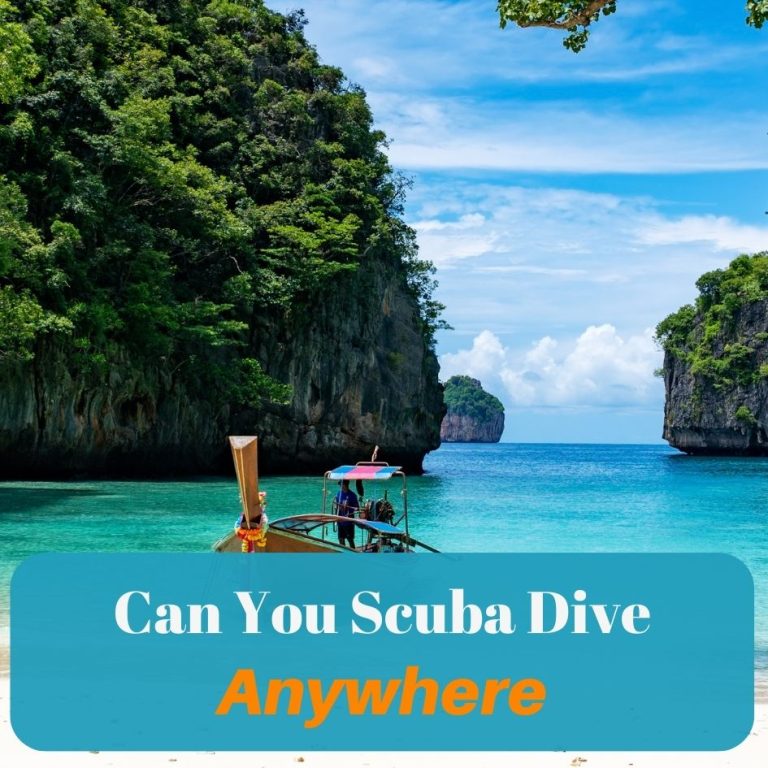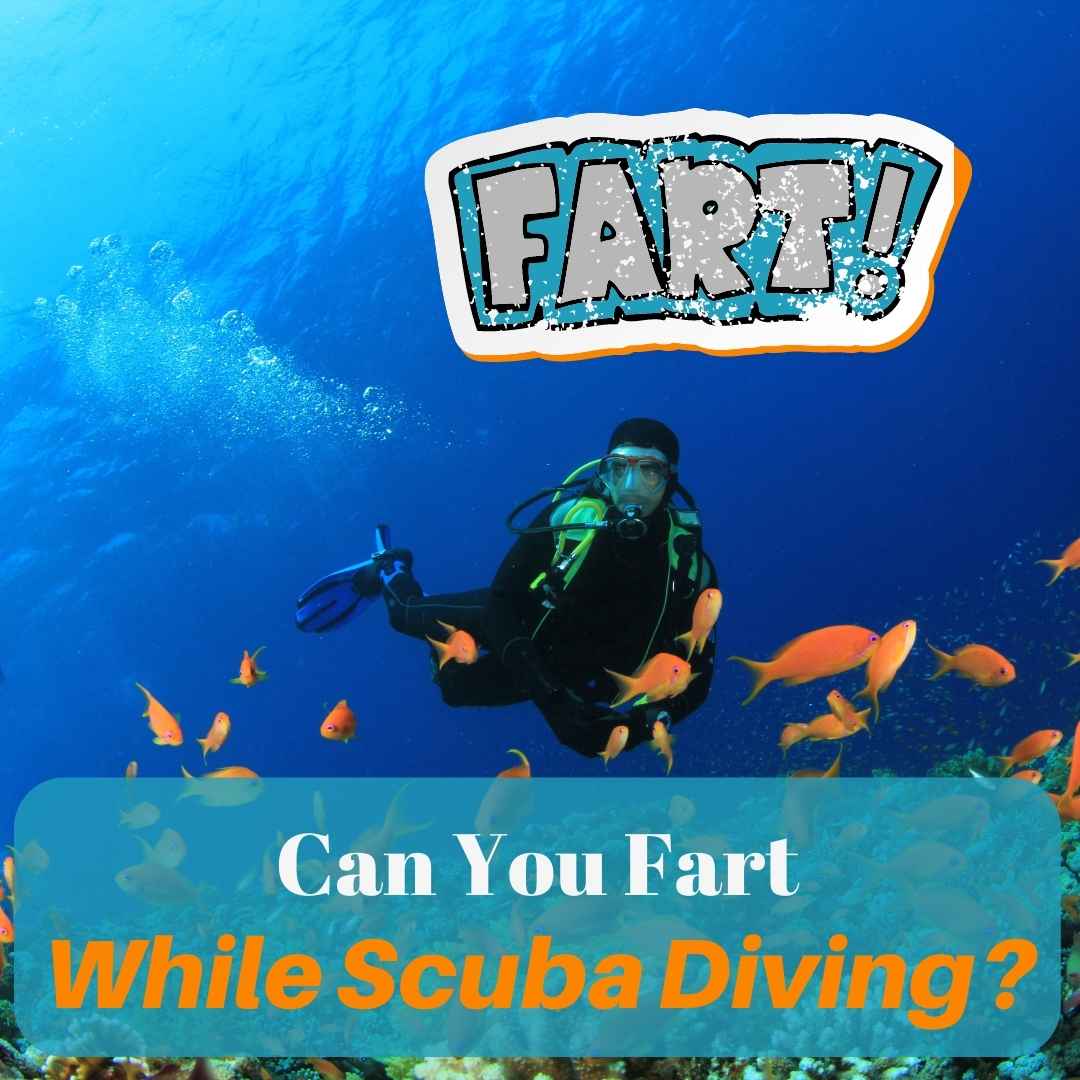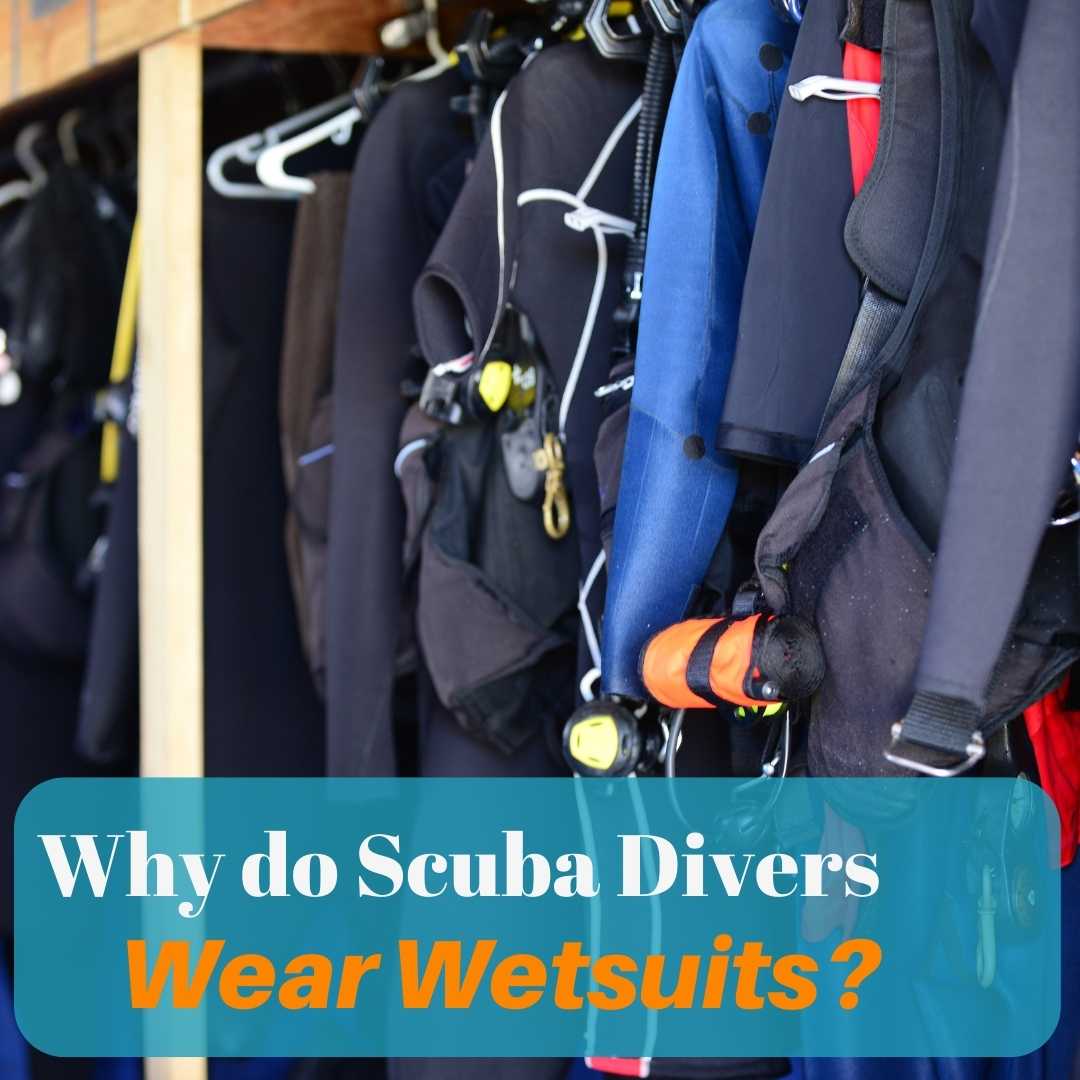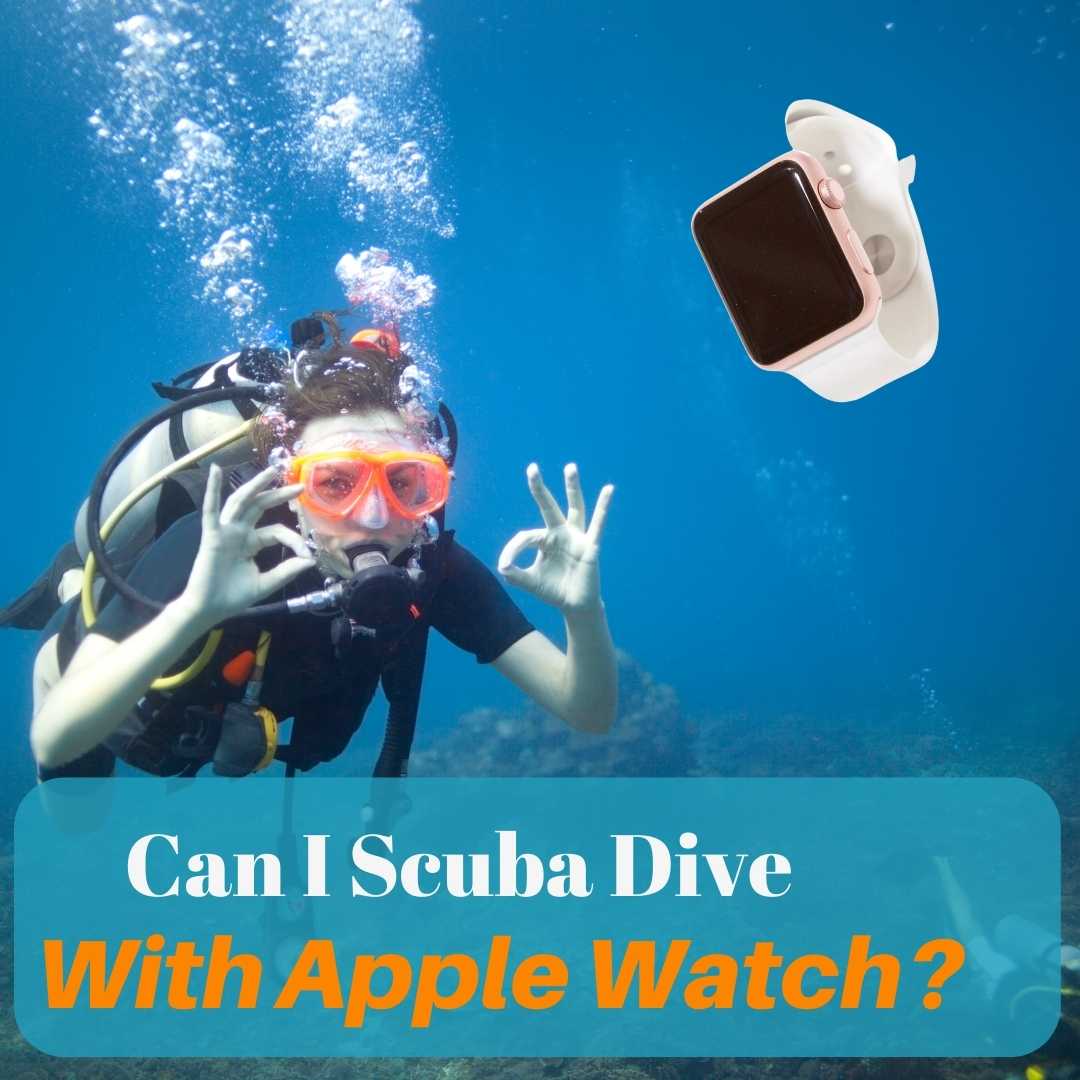Scuba diving offers enthusiasts an opportunity to explore underwater worlds, but it is not without its limitations and rules. The ability to dive is not as unrestricted as one might imagine; various factors influence where and when a person can scuba dive. Restrictions are often in place to protect both the diver and the marine environment, including issues related to safety, conservation, and legality. Before planning a dive, it’s crucial for divers—both new and experienced—to understand these regulations and obtain information on specific locations to ensure they are diving within the bounds of the law and safety guidelines.

While scuba diving can be enjoyed in many places around the world, ranging from tropical reefs to cold-water environments, it’s essential for divers to first seek out information regarding potential diving spots. Some areas may require special permissions or are only accessible to divers who have undergone specific training or certifications. Additionally, certain sites may be protected to preserve ecological balance or are deemed unsafe for recreational diving. As a result, not all bodies of water welcome scuba diving, especially without proper credentials. Knowledge about the local rules and environmental conditions is key to an enjoyable and responsible diving experience.
Key Takeaways
- Scuba diving locations are subject to regulations to ensure safety and environmental protection.
- Divers must be aware of and comply with local rules, restrictions, and needed certifications.
- Accessibility to dive sites varies, and divers should gather pertinent info before diving.
Table of Contents
Basics of Scuba Diving

Scuba diving is an activity that allows individuals to explore underwater environments by using specialized equipment. For safety and practical reasons, scuba diving requires training, and divers typically need a certification. The training involves learning how to manage the scuba gear, breathe properly under water, and understand how to handle various underwater situations.
Before diving in, beginners should recognize key components of scuba diving:
Equipment:
- SCUBA Tank – contains the air divers breathe underwater.
- Regulator – a device that delivers air from the tank at a manageable pressure.
- Buoyancy Control Device (BCD) – helps divers maintain neutral buoyancy.
- Mask – allows clear vision underwater.
- Fins – provide efficient movement through water.
- Wetsuit/Drysuit – offers thermal protection and helps control buoyancy.
Basic Skills:
- Regulating Pressure – learning how to equalize ear and sinus pressure is essential.
- Buoyancy Control – managing buoyancy is crucial for a smooth dive.
- Communication – divers use hand signals to communicate underwater.
- Safety Procedures – includes understanding decompression limits and ascent rates.
Training:
- Initial Certification usually includes classroom sessions, confined water dives, and open water dives to practice skills.
- Advanced training can lead to specialized diving activities like wreck or cave diving.
Divers are encouraged to be environmentally conscious by not interfering with wildlife and being mindful of their actions to preserve underwater ecosystems. It’s important that they also understand and respect local regulations, which may have specific requirements or restrictions on diving activities.
Scuba Diving Regulations and Restrictions

When planning a scuba diving excursion, it is essential to understand the variations in local laws, environmental guidelines, and site-specific rules that govern diving activities.
Legal Considerations
Diving is subject to legal regulations that vary by country and sometimes within regions or states. In the United States, there are no federal laws specifically for scuba diving, but guidelines and regulations may exist at the state level. Divers should check local laws which could range from requiring specific permits to restrictions on dive locations.
Environmental Protection Rules
Environmental regulations aim to preserve marine life and habitats. They might include restrictions on touching or removing marine life, guidelines to prevent coral damage, and rules about waste disposal. For instance, certain areas may be protected under national park regulations, necessitating divers to follow strict no-touch policies to avoid disrupting the ecosystem.
Site-Specific Regulations
Different dive sites may have their own unique regulations. Some may be due to safety concerns, such as prohibiting diving in areas with heavy boat traffic or delicate underwater structures. Others might relate to the preservation of historical sites, like shipwrecks, that can be damaged by unregulated diving. It’s vital for divers to research and adhere to these site-specific regulations to ensure safe and legal diving experiences.
Locations for Scuba Diving
Choosing the right location for scuba diving depends on the diver’s preferences and certification level. Different environments offer unique experiences, from observing marine life in the ocean to exploring submerged structures.
Ocean Scuba Diving
Ocean scuba diving offers vast opportunities with locations like the Florida and California coastlines in the USA. They may encounter diverse marine ecosystems along these coasts, including reefs and pelagic zones. Hawaii, recognized for its abundant wreck sites, also serves as a major attraction for divers seeking ocean adventures.
Freshwater Diving
In freshwater diving, enthusiasts explore inland bodies of water such as lakes, rivers, and quarries. Each site has its characteristics; some freshwater dives might present visibility challenges, while others like the clear springs of Florida allow divers to observe freshwater flora and fauna up-close.
Cave Diving
Cave diving is a specialized form of scuba diving where divers navigate underwater caves. This activity requires additional training and equipment due to its technical nature and the potential hazards involved. Cave diving sites are often found in areas with limestone geology, such as the cenotes in Mexico.
Wreck Diving
Wreck diving involves diving to the sites of submerged ships, aircraft, and other structures. Not only does this offer historical insights, but wrecks also often serve as artificial reefs. Oahu in Hawaii, mentioned as the ‘Wreck Capital of Hawai’i’, provides numerous wreck diving opportunities.
Advanced Considerations for Scuba Diving
When engaging in scuba diving beyond the recreational limits, considerations for equipment and gear, certification, and safety are paramount. These factors ensure a safe and fulfilling diving experience.
Equipment and Gear
Advanced diving often takes one deeper and requires more controlled ascents and descents. Dive computers are essential, providing real-time data on depth, time underwater, and decompression status to prevent conditions like decompression sickness. A full set of equipment for advanced diving typically includes:
- A reliable dive computer
- A well-fitting wetsuit, suitable for the water temperature
- Necessary accessories such as gloves and fins
- Redundant air supply systems for depths and dives with overhead environments
Diver Certification and Training
Divers must possess appropriate certification, such as an Advanced Open Water Diver, to undertake deeper dives. For example, exploring wrecks at depths of 30-40 meters requires at least an advanced certification. Training includes mastering buoyancy control, navigation, and managing gas supply. It’s also recommended to have specializations in areas like:
- Deep diving
- Wreck diving
- Nitrox (enriched air) use
Health and Safety Precautions
Health and safety are critical in advanced scuba diving. Divers should undergo a medical examination to ensure they’re fit for deeper diving, which can exert more pressure on the body. Risks include nitrogen narcosis and oxygen toxicity, hence they must:
- Be aware of personal health conditions that may be exacerbated by depth
- Follow dive planning and decompression tables judiciously
- Be well-prepared to handle potential underwater emergencies
Frequently Asked Questions
Scuba diving offers exhilarating experiences and challenges. The FAQs below address essential aspects that any prospective or certified diver should be aware of.
What are the requirements for scuba diving certification?
To become scuba certified, an individual must complete a course that includes knowledge development, confined water dives, and open water dives. The minimum age is typically 10 years old, but this can vary depending on the agency and location.
What is the lifespan of a scuba diving certification?
Once obtained, a scuba diving certification usually does not expire. However, if a diver has not been diving for an extended period, a refresher course is highly recommended to ensure safety and competence.
Are there specific areas where scuba diving is prohibited without a license?
Yes, certain protected marine areas and dive sites around the world require divers to have a certification. Additionally, dive shops often require proof of certification before renting equipment or filling tanks.
What depths are safe for scuba diving without professional certification?
Without professional certification, individuals should not scuba dive. Snorkeling on the surface is an alternative for those without certification, but descending with scuba gear should only be done by certified divers.
How does one get scuba certified, and what are the associated costs?
Certification involves taking a class from a licensed instructor affiliated with organizations like PADI or SSI. Costs vary widely, starting from a few hundred dollars up to over a thousand, depending on location, agency, and length of course.
Is it possible to scuba dive from a beach, and what should one consider?
Beach diving is indeed possible, but one must consider factors such as entry and exit points, surf conditions, and potential underwater hazards like currents or sharp rocks. It’s also essential to be aware of local regulations and protected areas.




